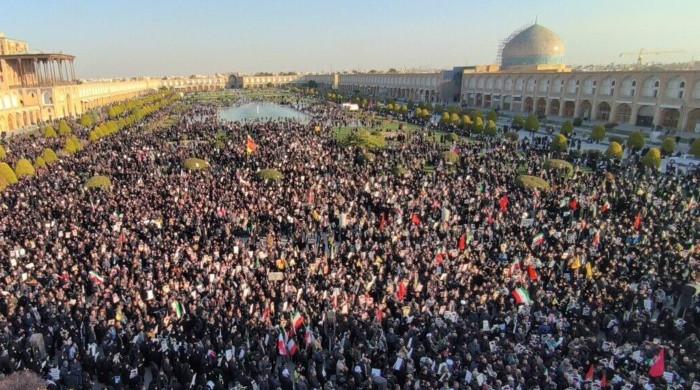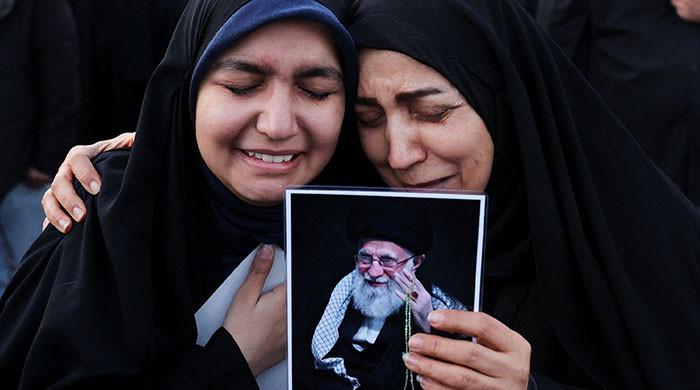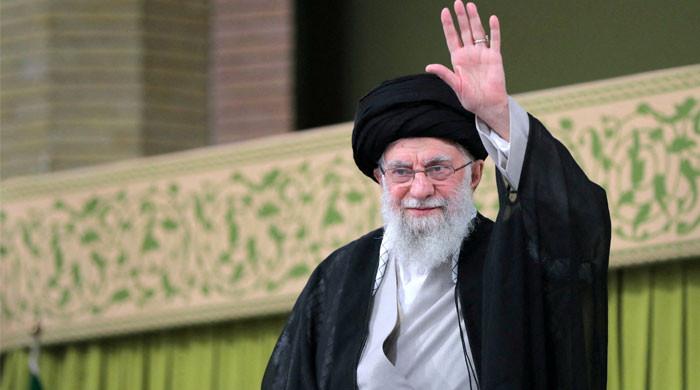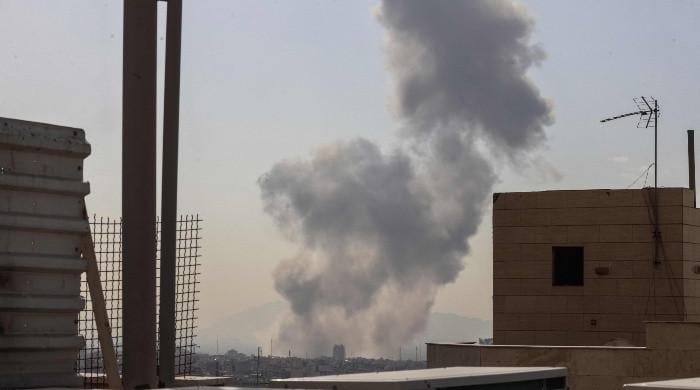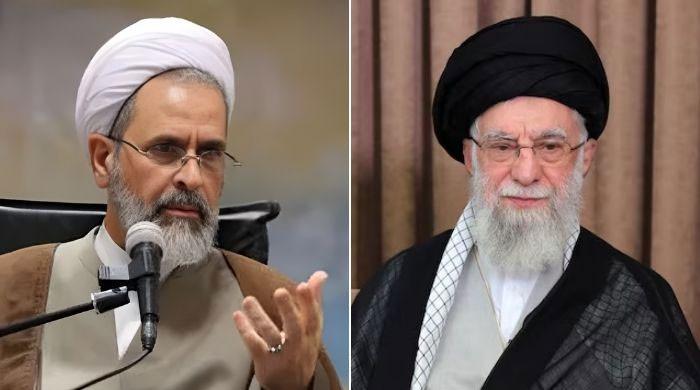Norwegian Pakistanis to play important role in upcoming Norwegian elections
Candidates belonging to nine parties are contesting for 169 parliamentary seats
September 11, 2017
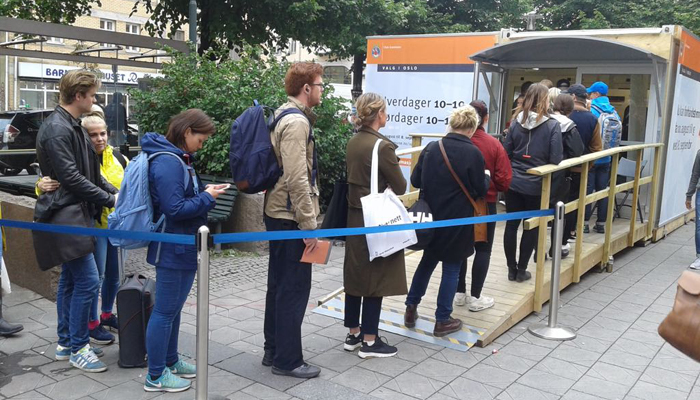
Votes of the Norwegian-Pakistani community — an important player — in Norway’s parliamentary elections are divided.
The polling process for the parliamentary elections will complete on September 11, 2017. Right and left wing parties have chosen Pakistani origin candidates, which has split the vote of the Norwegian-Pakistani community.
Candidates belonging to nine parties are contesting for 169 parliamentary seats, which will constitute the Norwegian legislature, the Storting, for a new four-year term.
The previous elections that were held on September 9, 2013, resulted in the victory of Conservatives and their right-wing allies. The Conservative Party led by Erna Solberg formed a coalition with the right-wing Progress Party and a few smaller parties, with Solberg appointed as the Prime Minister.
Survey reports published through newspapers have predicted that the sitting prime minister is likely to continue as the premier despite a possibly tough competition by contesting parties. A few analysts also believe that the main opposition party – the Labour party — can also gain more support due to lack of efficiency of the sitting government in the last four years.
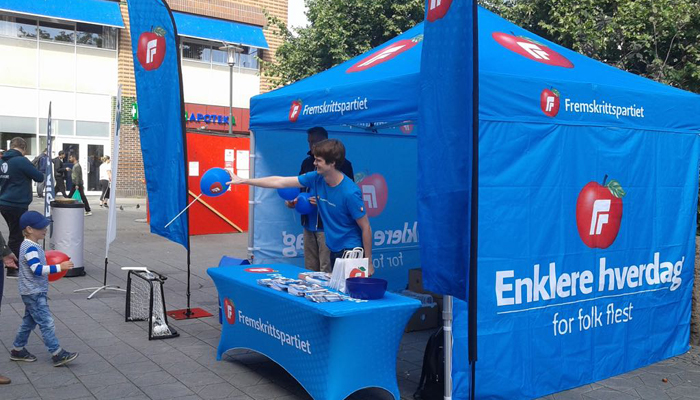
According to a recently published report, there are less chances of Jonas Gahr Støre, leader of the main opposition party, to take oath as the next prime minister. The report says that fifty-three percent of the people would prefer Solberg to continue as prime minister, while support for Støre stands at fourty-two percent.
Solberg’s efforts to upgrade the education system and create more jobs has won her support, while Jonas is known for his objectives for the betterment in the health sector, especially care of elderly people, the survey says.
Last week, advance polls showed that the Labour party, by getting approximately twenty-seven percent votes, became the largest party. However, it can’t form the new government because of lack of simple majority party.
According to the assessment, the right-wing conservative party obtained approximately twenty-five percent votes, which indicates that this party too cannot form a government alone. According to the report, both the right and left wing will need support from the smaller parties for the formation of the government.
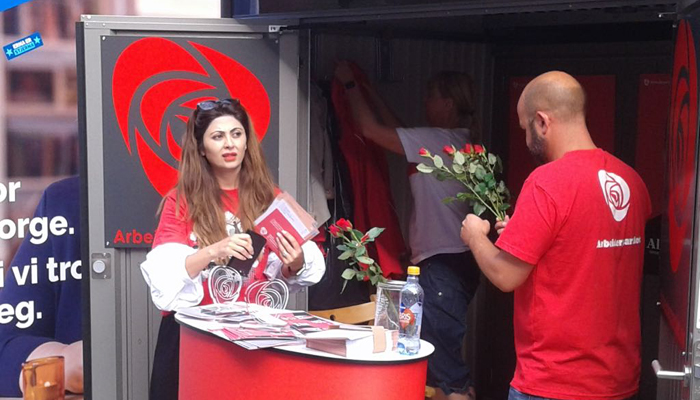
In a pre-poll survey, the public support for the Progress party stood at 14.7 %, the Center party got 9.8 % votes, the Socialist Left (SV) party secured 6.1 % votes, the Christian People's Party KrF gained 4.6 % votes, the Green party got 4.3 % votes, the Left (Liberal) secured 4% votes, the Red party got 3.5% votes, and 1.6 % people voted for others. These parties will play a decisive role in the formation of the new government.
With almost every political party having a representation of the Pakistani-Norwegian community, the votes too have been divided among these parties. A majority of the Pakistanis live in Oslo, the Norwegian capital, and most of the Pakistani candidates belong to the same city.
The role of the Norwegian Pakistanis, who constitute the largest Asian community in Norway, is crucial. The first generation of this community arrived in the Scandinavian country in 1970s.
The second and third generations of Norwegian-Pakistanis were born and raised in the country. In the 1970s, the first generation of young Pakistanis, mostly belonging to Kharian in Pakistan, entered Norway as guest workers.
Most second and third-generation Pakistani-Norwegians have made their mark in different professions. The community has a strong presence in higher education, media, and politics.





